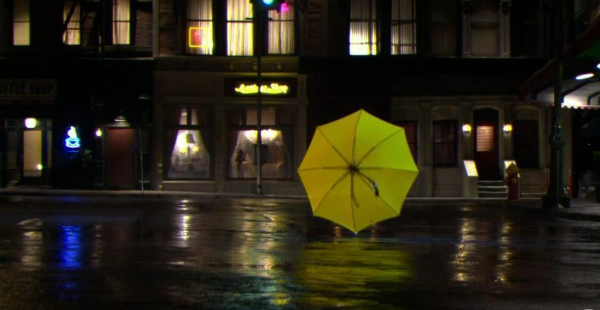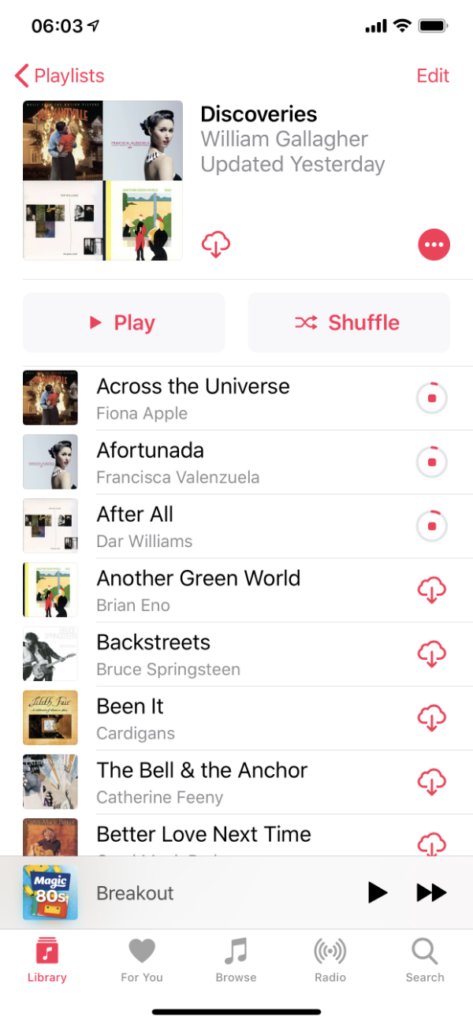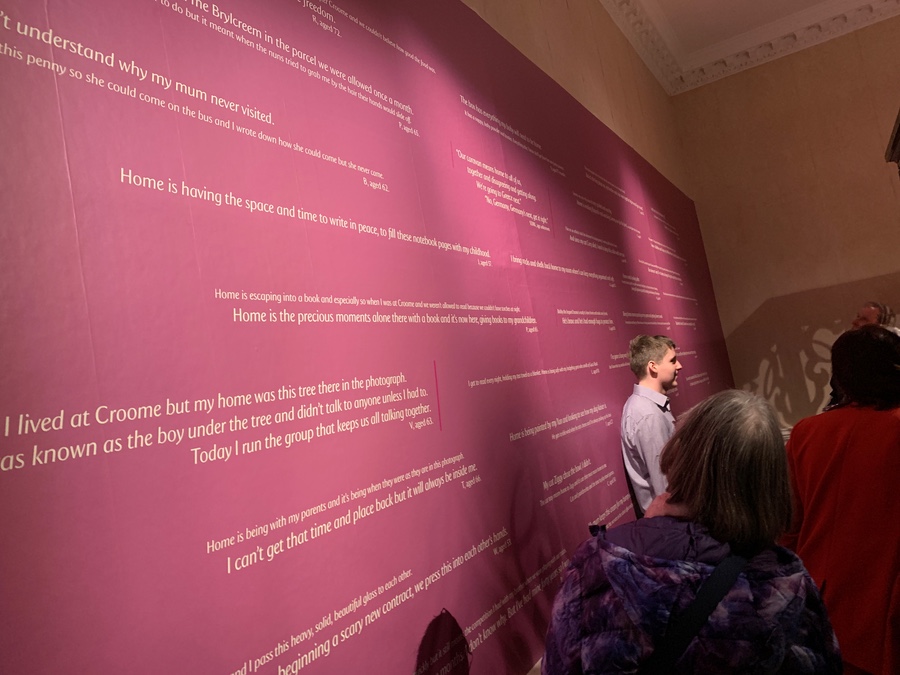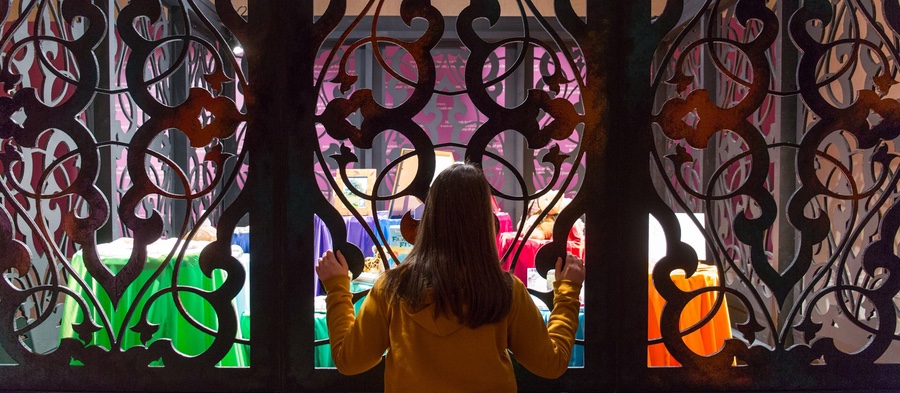I want us to fix a problem I missed back in 2007. I was going to say that it’s a drama problem, and I still think it is, but it’s to do with an episode of the comedy How I Met Your Mother, a series I think should be legen –
hang on, no, let me get specific. I’m talking about season 3, episode 1, Wait for It, by series creators Carter Bays and Craig Thomas, which first aired on 24 September 2007, and which I just watched again – after seeing the preceding 44 episodes over the past few weeks.
I bought the whole series on iTunes and then discovered that it’s also on Netflix. Anyway.
When you binge-watch something, it changes. I think overall comedies, at least the best ones, tend to blur into dramas because after a few episodes back to back, you’re not as receptive to surprise as you are when watching it weekly. How I Met Your Mother, I think, certainly works as drama, and actually after a few years into its run, that was chiefly why I continued watching.
It would still always be sporadically funny, but I was just into the characters. And watching the first few seasons again now, it is a joy to find how continually very funny it originally was.
HIMYM features some really smart writing: there are episodes where I’m totally into the story and yet the writer in me pops up to applaud something particularly well done.
I should say that it never occurred to me that the show would ever actually reveal the mother of the title. I simply unconsciously thought that it was a great title, a smart framing device for the stories with a father narrating tales to his bored kids, and not at all that it was a deliberate plan they hoped to play out over nine years.
I should’ve realised, not only because when they finally did the reveal at the end of the eighth season, they did it superbly. I should also have realised because How I Met Your Mother is one of those extraordinarily rare series, a successful romantic comedy.
And, grief, it was fantastic on romance.
There was a particular recurring motif that they played for every ounce of romance, and that was a yellow umbrella. When you heard that mentioned by a character or you just glimpsed it in the back of a scene, it was electric.
And the problem is that I now think it was set up very poorly.
Maybe I didn’t follow every episode on its first run, certainly there were things I just assumed I’d missed, but now I’ve been watching the whole run again in rapid sequence, I’ve seen one key point about the yellow umbrella that I failed to spot before.
“Kids,” begins the narrator at the start of Wait for It. “There’s more than one story of how I met your mother. You know the short version, the thing with your mom’s yellow umbrella.”
WE DO NOT.
Maybe as written that line could be meant to say that the children have previously been told about the umbrella, maybe it’s meant to be that since they are the kids of this mother and father, they know the story as family lore.
But it sounds, it plays, as if we viewers have heard about this and we haven’t. This is the first mention of something crucial to the run of the series and, trust me, it ain’t mentioned once before this 45th episode.
Now, it’s easy to criticise an episode 12 years after it was made, especially a US TV sitcom episode where they were making 20 episodes one after the other, bang, bang, bang.
And clearly there were plans for this umbrella, plans that became scenes and whole episodes that I think are both marvellous and far better than I could ever write.
But.
Given that I’ve had either a dozen years or about a week, depending on how you count, I do have a way they could’ve launched the whole yellow umbrella story without clunking into it like this.
Within this one episode, the yellow umbrella makes two appearances. Once is during that wobbly start as the kids are reminded that they know about it. The other, gorgeously effective, catch-in-your-throat great, is the penultimate scene, really the last before an unrelated tag. The narrator is talking about everything is leading inexorably to how he met the mother, and how close that was.
And during those words, we see someone holding the yellow umbrella as she walks by McLaren’s Bar, the show’s regular pub setting.
It is that proximity that gives the episode a last little spark before the end titles. I just think now that it doesn’t need the opening reference. It’s tempting to set up something you’re going to pay off, it’s even automatic, but in this case, less is more.
All week I’ve been thinking that this is a dialogue problem. That rather than the narrator telling us about the yellow umbrella at the start, he could tell us at the end. Tell us about it over that last shot of one yellow umbrella in the crowd.
But talking to you about it, replaying the episode in my head, I think I’m wrong.
It’s a yellow umbrella. It stands out. And just as you always know who is the important character in a story without being actually told, so this time you would get that the yellow umbrella was important.
I offer that you would inescapably know that it was the mother who was carrying it.
Part of the satisfaction of writing, to me anyway, is in taking an audience to a certain point. Knowing where you’re going to take them, and then getting them there. How I Met Your Mother was first class at bringing you to a point –– and then throwing you with the smallest extra instant.
This was one of those. I just think, some 4,322 days after it aired, that this one could’ve punched even better.
What do you mean, I’m currently trying to write a romance and find it damn hard? There’s a word for anyone who can pull that off and it’s the same word for writers who can create a catchphrase I’m still quoting a dozen years later.
It’s dary. Legendary.





